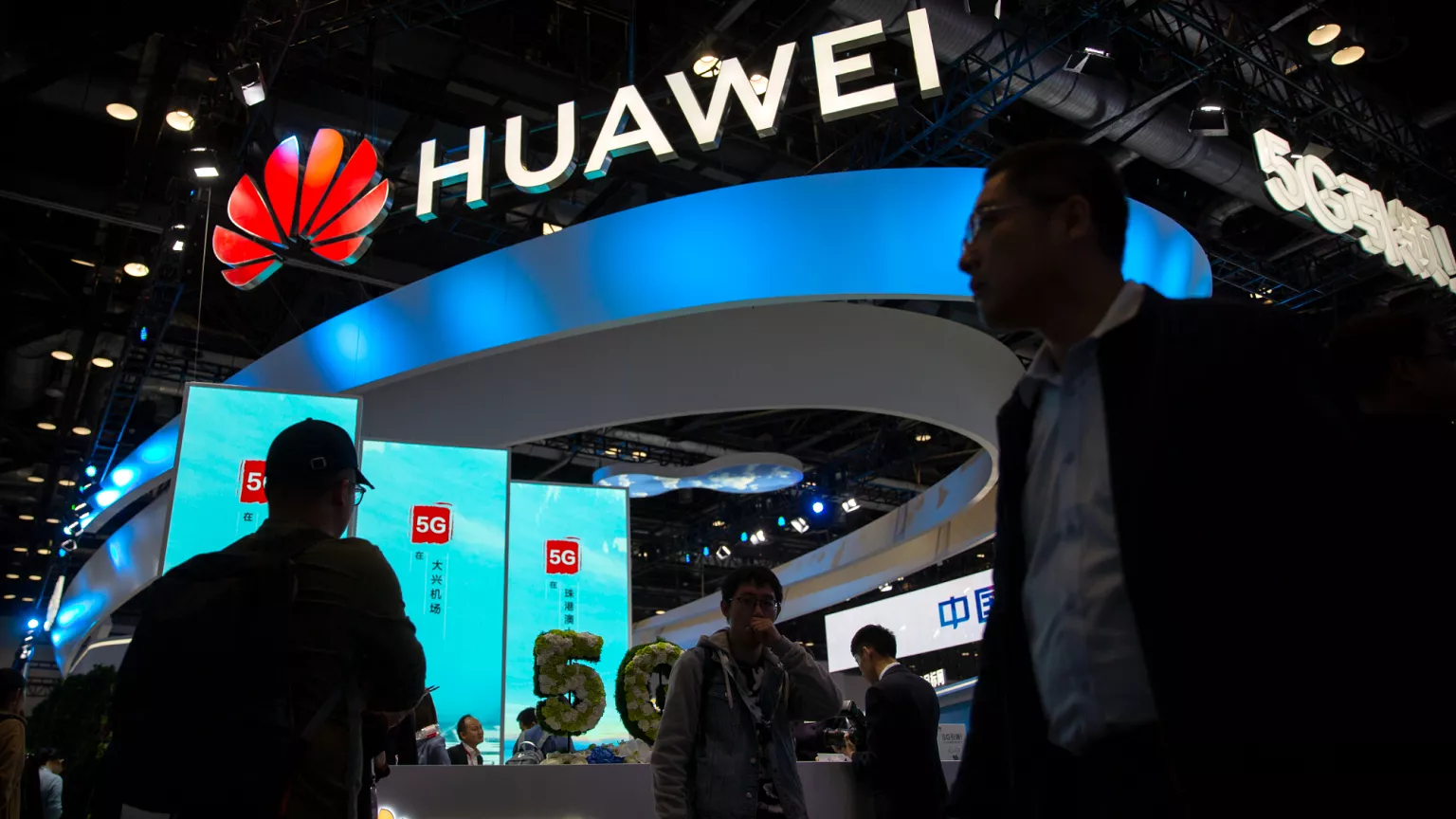The European Union has issued a formal warning to Spain over its increasing reliance on Chinese tech major Huawei, after reports revealed that Madrid had signed a €12 million contract with the company to supply hardware for storing state-authorized wiretaps. The contract, intended for use by Spain’s law enforcement and intelligence services, has drawn sharp criticism from EU officials and raised concerns about national security and EU-wide cyber integrity.
The European Commission labeled Huawei as a “high-risk supplier,” citing materially greater security threats than those posed by other telecom vendors. EU leaders argue that the move undermines collective efforts to reduce reliance on Chinese technology, especially in sensitive sectors like surveillance and intelligence infrastructure.
A Deal That Defies the 5G Security Toolbox
Spain’s wiretap agreement clashes with the EU’s “5G toolbox”—a policy framework designed to guide member states in mitigating cyber risks and avoiding vendors flagged for potential geopolitical influence. Brussels has asked member nations to restrict or exclude Huawei and ZTE from their 5G networks to bolster the bloc’s collective cybersecurity posture.
Despite the recommendations, Spain maintains that its contract does not pose a security threat. The country’s interior ministry defended the move, saying it adhered to national regulations and that all equipment had been verified by independent certification authorities. Huawei, too, emphasized that it has no access to the stored data and that the hardware remains fully under Spanish control.
Growing China Ties Worry Allies
Spain’s decision comes at a time when it is strengthening economic relations with China. Prime Minister Pedro Sánchez has visited China three times in just over two years, signaling a pro-China tilt that is increasingly drawing scrutiny. Spain is seen as one of the most China-friendly governments within the EU, a stance that puts it at odds with the bloc’s broader strategic goals.
Meanwhile, U.S. lawmakers, including Senator Tom Cotton and Congressman Rick Crawford, have urged a full review of intelligence sharing with Spain. They’ve asked U.S. intelligence agencies to ensure sensitive information isn’t leaked or shared with Chinese interests. This follows a broader American policy to eliminate Huawei from critical infrastructure due to espionage concerns.
Huawei’s Response and Ongoing Investigations
Huawei has defended its operations, noting its 24-year history in Spain’s ICT ecosystem and asserting compliance with all local laws and global security standards. The company highlighted its OceanStor Dorado product as “standard flash storage hardware” and stressed that it does not access user data.
However, the controversy comes just months after Belgian police raided Huawei offices over alleged lobbying-related corruption aimed at influencing EU decisions on 5G infrastructure. The raid is part of an ongoing probe into whether Huawei tried to prevent its exclusion from critical telecom rollouts by using underhanded tactics.



